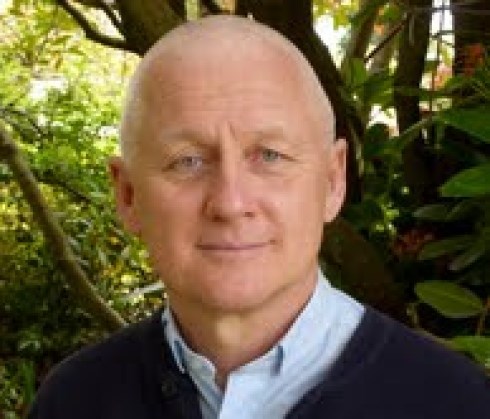Human relationships are deeply complex and profoundly complicated.
Relationships can ascend to the heights of luminous beauty and captivating purity. They can approach innocence and sheer goodness. But, they can also descend into the darkest, most painful terrain of violence and tragedy, where we find ourselves locked into separate worlds unable to cross the barrier of our loneliness.
But, most of all, human relationships that survive the years, travel through the interminable, sometimes tiring, often tedious terrain of routine. They are rooted in the ordinariness of the earth; they are built in the mundane world of household appliances and the necessary chores of a shared life.
In his most recent film, “To The Wonder” Terrence Malick explores the uneasy changeable reality through which relationships inevitably pass. But, with characteristic Malick daring he does not stop with the relatively banal observation that human relationships move through various stages and alterations. Malick goes a step further and explores the mysterious parallel between the quality of human love and the relationship between human beings and the Divine.
The main character in “To The Wonder” is not Marina (Olga Kurylenko), the single mother who meets Neil (Ben Affleck) while he is visiting in Paris and accepts his invitation to come with her ten-year-old daughter Tatiana (Tatiana Chiline) to live with him in the small Oklahoma town that is his home. The main character is not Jane (Rachel McAdams) Neil’s childhood girlfriend with whom he becomes reacquainted and has a short relationship when Marina returns to Paris. Father Quintana (Javier Bardem) the Catholic priest who struggles with his faith is not the star of the film.
The central character in Malick’s “To The Wonder” is hinted at in the beauty, the music, and the tender poetry of the film. But the real hero cannot be perceived by any of the five senses with which we are accustomed to finding our way in the world. The central character of Malick’s film is introduced eighteen minutes into the movie when Marina asks,
What is this love that loves us? That comes from nowhere? From all around? The sky. You, clouds. You love me too.
Love is the main actor in the film, the moving force behind the universe toward which each character gropes in his or her own faulting way. Love is the “wonder” for which “We thirst”.
Without this starting point from which to view Malick’s film, it risks seeming bland, even dull. He is not interested in conventional narrative form. He does not take time to probe the personal psychology of his characters. Malick is intent on pointing the viewer to that for which our souls most truly and deeply long.
Malick offers a Psalm of praise lifted from broken failing hearts “To The Wonder” and Mystery that resides at the source of all life.
Early in the film Marina’s daughter decides they must leave the US and return to their familiar life in France. She says,
Mamma, we need to leave. There’s something missing.
As we continue to look at mother and daughter Father Quintana’s voice is heard saying,
There is love that is like a stream that goes dry when rain no longer feeds it. But there is love that is like a spring coming up from the earth. And the first is human love. The second is divine and has its source above.
The problem with the wonder of this divine love is that we will only continue to move toward it when we make a choice and commit ourselves to that invisible mysterious reality that comes to us through the grace and power that is the ultimate Source of all being.
Father Quintana preaches to his congregation,
We fear to choose. Jesus insist (sic) on choice. The one thing he condemns utterly is avoiding the choice. To choose is to commit yourself. And to commit yourself is to run the risk of failure, the risk of sin, the risk of betrayal. But Jesus can deal with all of those. Forgiveness he never denies.
For the rest of “To The Wonder” the question hangs over the film. Can they commit “To The Wonder”? Or will they stay locked in the barren uninhabited rooms of the house of their refusals, denials and broken promises. Will they take the risk of opening “To The Wonder” so that the warm light of the Spirit can recreate their beings with Love? Or will they chase after the false freedom of their own selfish desires?
The question hangs at the end of the film as a challenge for each of us to answer for ourselves. Will we continue to pursue the illusory freedom of doing what we think we want? Or will we risk committing ourselves to the invisible reality that calls us through human love and beauty into an awareness of the Divine Source who dwells all around and within us?
 Christopher Page is the rector of St. Philip Anglican Church in Oak Bay, and the Archdeacon of Tolmie in the Anglican Diocese of B.C. He writes regularly at:
Christopher Page is the rector of St. Philip Anglican Church in Oak Bay, and the Archdeacon of Tolmie in the Anglican Diocese of B.C. He writes regularly at:
You can read more articles from Spiritually Speaking


